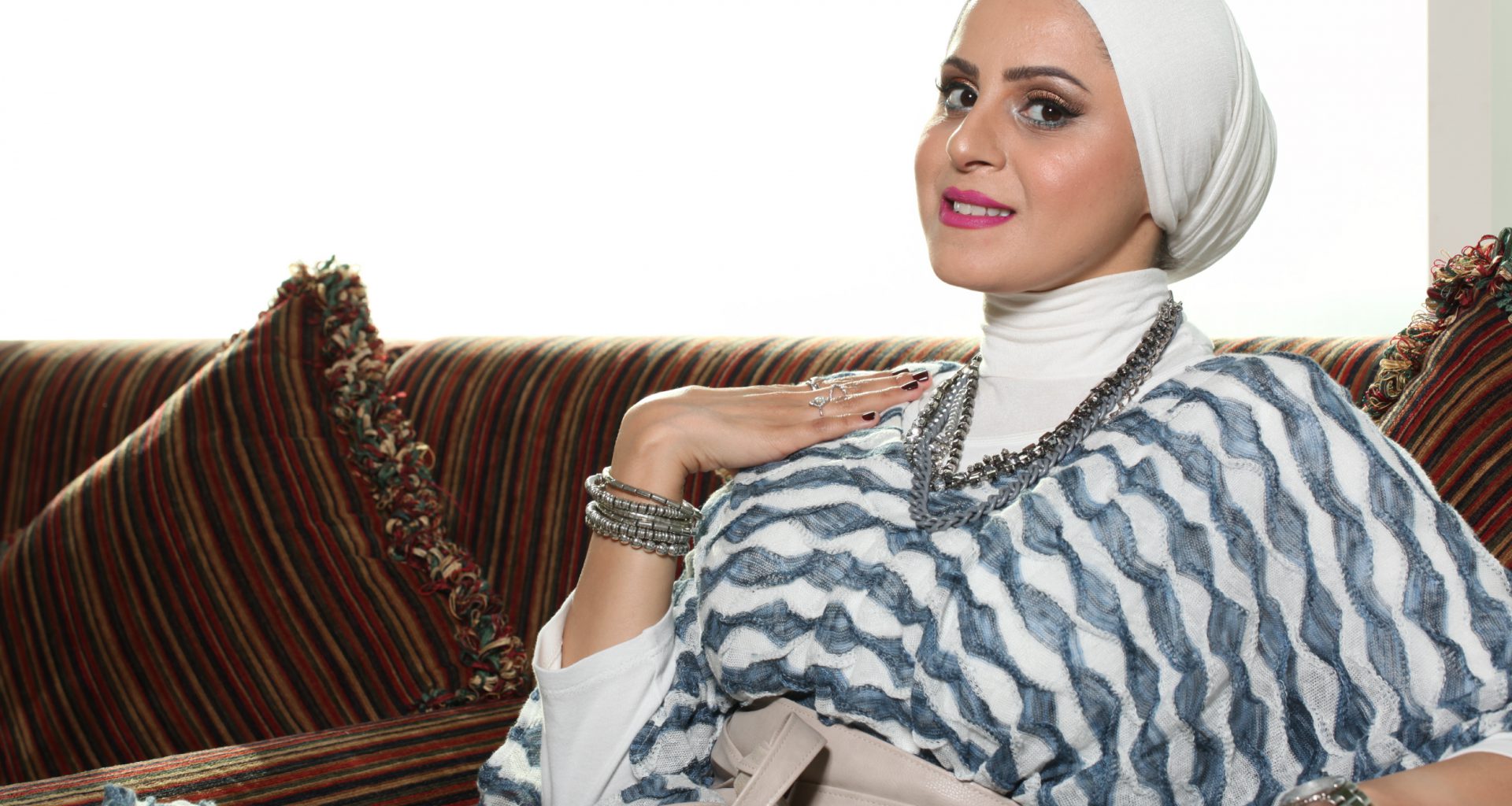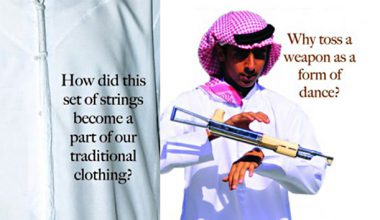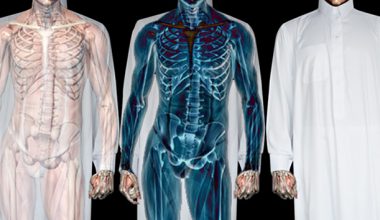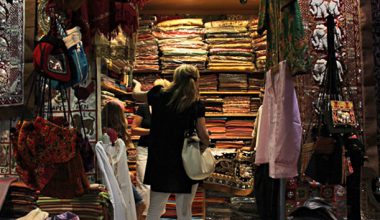Many consumers are not aware that some cosmetic and beauty products we use daily can contain non-halal elements, such as certain animal fats or alcohol.
You may wonder why this even matters, since make up is applied on to the face and not ingested, however, there are several reasons that might make people switch to halal cosmetics.
According to Dubai-based beauty and fashion blogger, Wafa Yahya, owner of the style blog, Wafa’s Diary, the preference for halal cosmetics is increasing among Muslim women, especially now that Ramadan is approaching.
“There is a growing awareness in the Muslim world that not all cosmetic products are beneficial as some do not use halal ingredients,” Wafa said. “Especially as the holy month of Ramadan is approaching, many Muslim women are more particular about the beauty and cosmetic products they currently use.”
In addition to ensuring the ingredients align with halal standards, another concern for Muslim consumers is the traceability and authenticity of the products they use. This has led to an increasing demand for transparency in the beauty industry.
One way companies are addressing this is through the implementation of batch code systems. These codes allow consumers to track the production process of their cosmetics, providing reassurance about the halal status and quality of the products they purchase.
With the rise of technology, many brands now offer an online Batch Code Checker, enabling consumers to easily verify the authenticity and compliance of their beauty products with halal standards. As Ramadan draws near, the importance of these batch code checkers becomes even more pronounced, offering peace of mind to Muslim women as they navigate their beauty routines during this sacred time.
Some of the reasons Wafa mentions as her motive for seeking halal cosmetics are that you unintentionally ingest your lipstick, which may contain traces of alcohol, or non-halal animal fats.
Another reason is that foundations and concealers can penetrate your skin, especially after being worn for several hours. Some of these products contain pork-extracted gelatin, collagens, and keratin, she said, so these components can be absorbed into the skin as well.
Other products in question are waterproof nail care products like cuticle oils; because before praying people must perform “wudu” – ablution – and these products could prevent water from touching the nail, Wafa said. New products have emerged, and claim to be breathable, and thus allow air and moisture to penetrate the nail. These can used as an alternative to nail polish and waterproof cuticle oils.
The final reason she mentioned was that it simply gives you peace of mind. Whether related to religion or not, being aware of what the products you use contain should always factor into selecting brands.







